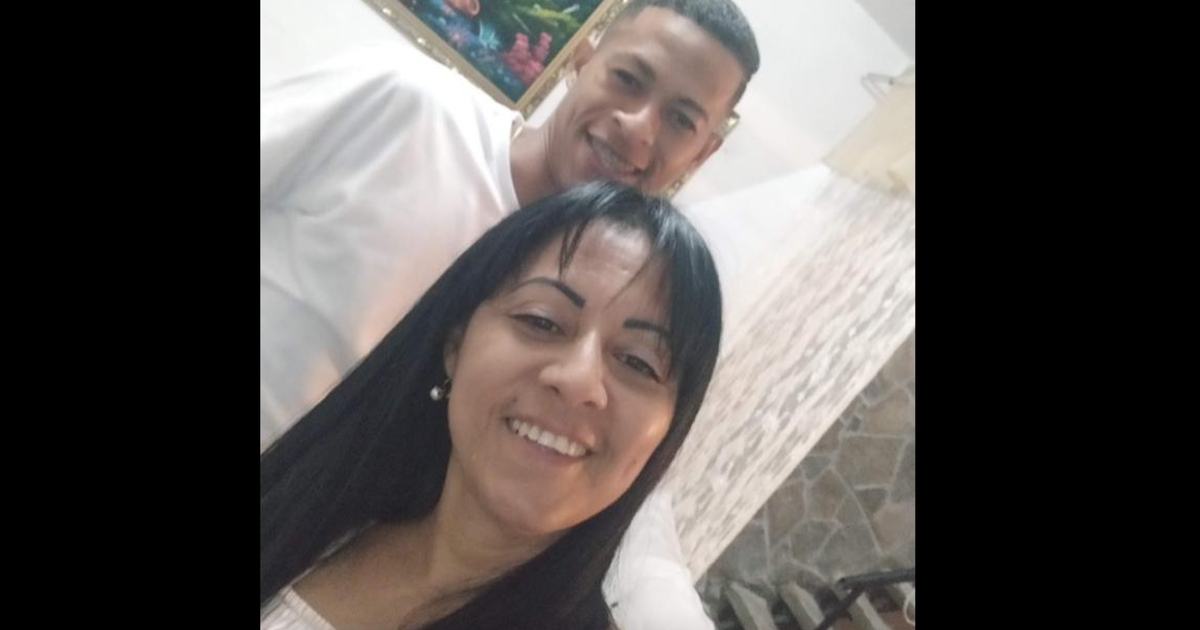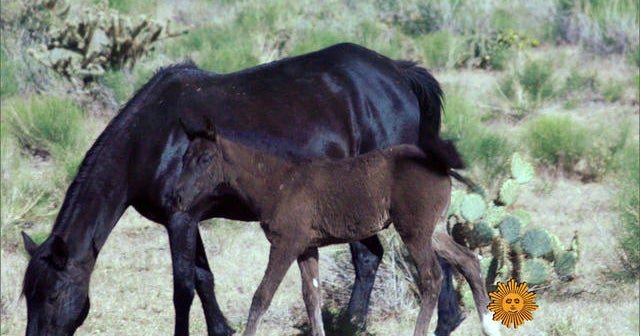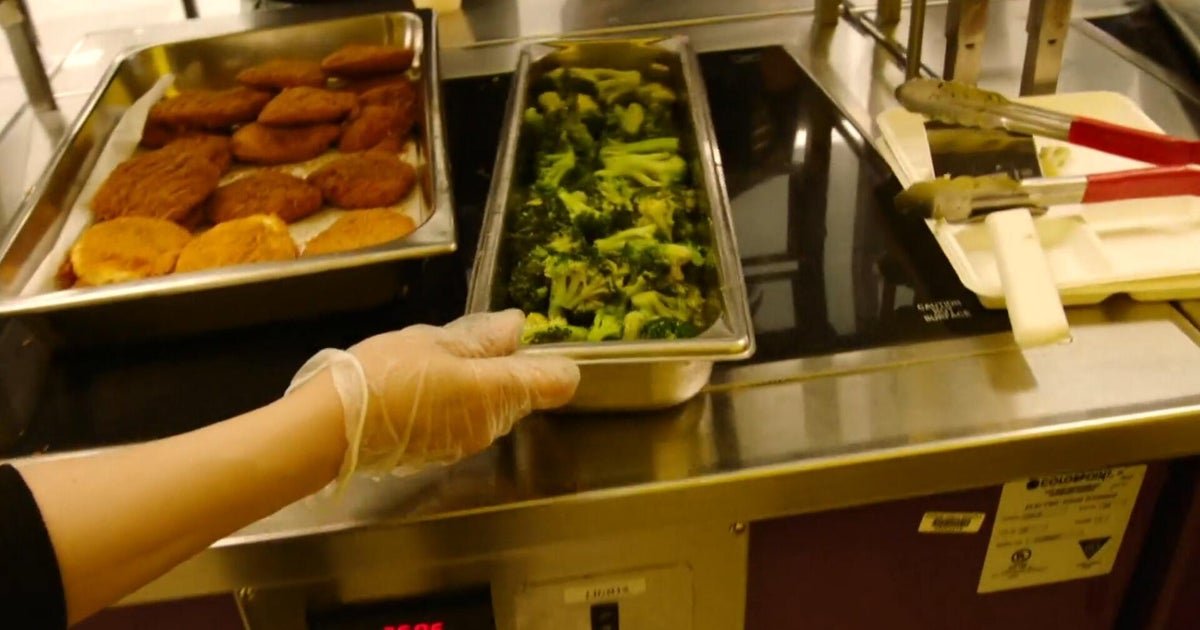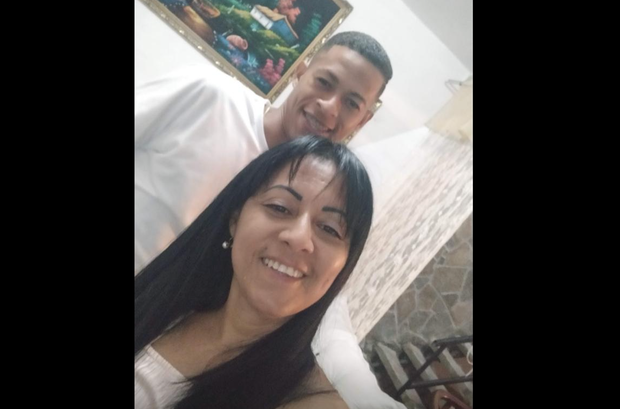
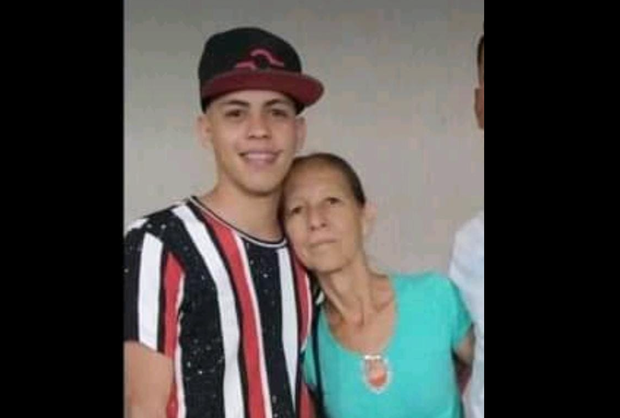
On May 18, relatives of the Venezuelan migrant detainees in El Salvador’s mega prison CECOT, announced to a WhatsApp group the death of Marlene Ramirez, a grandmother who raised one of the men currently detained there, Jonathan Mendoza Ramirez. Her family said she had died of a heart attack, unable to endure the emotional stress of not being able to communicate with her grandson. She could no longer take it, they said.
Since the Trump administration in March removed a group of Venezuelan migrants alleged to be gang members to El Salvador for indefinite detention, a WhatsApp virtual community has come into being, made up largely of mothers of the detainees. The group grew one by one, as the mothers found out about their sons’ whereabouts, largely from videos posted on social media by the president of El Salvador, Nayib Bukele. The videos showed the Venezuelan men arriving from the U.S. in shackles, being frog-marched off the plane and into CECOT. Inside the prison, they were forced to kneel as their heads were shaved by guards.
“I can’t recount these videos or else I fall into a serious depression,” said Jetzy Arteaga, the creator of the WhatsApp group. Her son, Carlos Cañizalez Arteaga, is one of the Venezuelan migrants transferred to CECOT in March. “I try to block them, so that I can go on about my day, but only a mother in this situation can understand why these images hurt so much.” On days when she can’t keep the images out of her thoughts, Arteaga says she can’t get out of bed and turns to other mothers in the group chat.
“When one of us is down, we go to their house, run their errands and pick up their other kids from school,” says Arteaga. “They’re all over Venezuela, and I understand that today, it might be them needing help, but tomorrow it might be me in the hospital.”
Arteaga created the group to communicate with other mothers because she says she needed answers. “I was in a state of disbelief, and I was waiting for the U.S. government to say my son was transferred by mistake,” said Arteaga. “The U.S. is a country that follows their laws, and when their investigation concludes my son is not a gang member, they’ll release him.”
Records that prove his lack of criminal gang activity in Venezuela, however, have not led to Carlos’ release. The group says it has grown and now includes relatives of 170 of the migrant men detained in El Salvador.
“The first thing I do every morning is check the group chat, and we ask for updates and prayers,” said Analia Burbano, whose nephew Victor Andres Ortega Burbano, is being held in CECOT. She says she constantly scrolls through social media to see if there are any updates or photos of her nephew in prison.
Burbano says she is now speaking on behalf of her nephew because his mother is emotionally and physically unable to do so. “Ever since she saw the video of Victor at CECOT, she fell into a depression, does not get up from bed, does not eat and cries every day,” said Burbano. “She is very frail.”
Burbano says her nephew’s arrest and transfer came as a surprise, since Ortega had been granted Temporary Protected Status that allowed him to legally work in the U.S. According to immigration documents reviewed by CBS News, Ortega’s TPS was approved for June 2024 through last month, in April.
The group frequently makes trips to Miramar, Venezuela, to pressure officials to demand the release and deportation of the men back to their country. The chat serves as a venue to plan the next protest or opportunity to publicize the men’s plight at events like those held by the United Nations.
“We all have our ups and downs, but through this process, we make sure that none of us let the negative thoughts linger for long,” said Anyi Yohana Casares Jimenez, mother of Jason Alfredo Silva Casares. On March 13, Jimenez says she received the last call from her son, desperately asking her to send over documents proving he didn’t have a criminal record in Venezuela. She never heard from him again.
Jason showed up at the U.S. southern border in August 2024 after receiving an appointment through the CBP One app, but remained in detention because immigration agents were suspicious of his crown tattoo, according to his mother. “There’s not a day that I don’t search social media for any new videos of him inside CECOT.”
The three mothers all claim their sons are not part of Venezuela’s Tren de Aragua gang, but they do fault the men’s tattoos for causing their imprisonment.
“It was the argument I always had with my son,” said Arteaga. “I always asked what his need for a tattoo was.” Her son tattooed his mother’s name “Jetzy” on his wrist, a tattoo that now serves as evidence of gang affiliation, according to court documents.
It’s now been more than two months since these men were taken to El Salvador and the U.S. government continues to deport anyone who is in the country illegally after President Trump promised to deport “the worst of the worst”.
“All we can do is trust that this nightmare will soon end,” said Burbano.
[ad_2]
